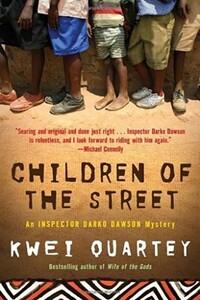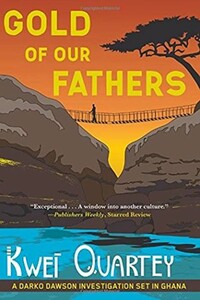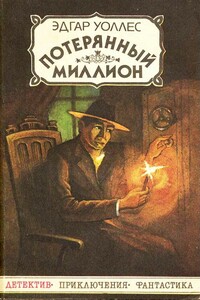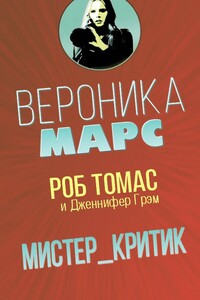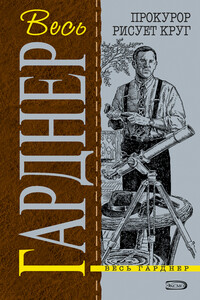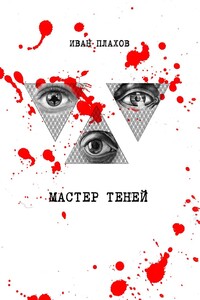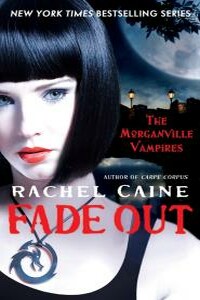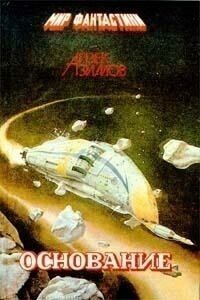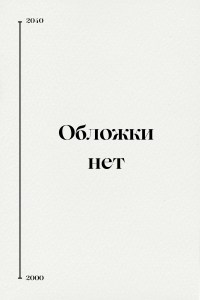A day shy of his seventeenth birthday, Musa was a boy with the survival instincts of a grown man. Blood sprang from the stab wound in his back, but he did not die instantly. As his life drained, Musa had a running vision, like a video, of his short life. Life in his small hometown of Gurungu had been a depressing, losing battle as his family tried to grow millet in the unforgivable desert conditions of northern Ghana. It was what had pushed him to his seven-day trek to Ghana’s capital city of smooth motorways and impenetrable traffic jams.
Penniless and lonely, Musa hadn’t known a soul in Accra. With no education, no family connections, and no skills, he could hope for only a few jobs. He could be a street vendor, a luggage porter at a lorry park, a shoeshine boy, or a truck pusher-one of those guys who roams Accra with carts picking up metal scraps to take to the junkyards. He earned much less than a cedi a day.
Up before dawn, Musa never rested until after nightfall, laying his head down on city pavements, at storefronts, and around marketplaces. He had only wanted his life to get better. He had sworn that, after working in Accra for a year, he would go back to Gurungu with new clothes and some money for his mother.
As Musa’s eyelids fluttered closed, he must have wondered if this was what his father had meant when he had shaken a warning finger in Musa’s face. If you go to Accra, you will become nothing but a street child, and you will pay a terrible price for it.
The call had come in on a Sunday morning in June.
“For this one,” Detective Sergeant Chikata had said, “I think they will need us.”
On his Honda motorbike, Detective Inspector Darko Dawson sped by industrial buildings along Ring Road West. The dead body was near the Korle Lagoon. Dawson made it there in fifteen minutes. Even if his eyes had been shut, the pervasive, foul smell of the lagoon would have announced to him that he had arrived.
He turned onto Abossey Okai Road, which formed two bridges, the first of them over the refuse-choked Odaw River, which flowed into the lagoon. Agbogbloshie Market on Dawson’s left and Kokomba Market on his right teemed with Sunday shoppers and hawkers trying to sell everything from bananas to sea crabs.
At the second bridge, over a much smaller channel of tarry, polluted water, there were umbrella-shaded market vendors, pedestrians, trucks, and cars mixed together in organized chaos. Dawson parked and locked his bike. Sprawling onto the riverbanks, a crowd of onlookers overflowed both ends of the bridge. Standing at over six feet, Dawson could see above most people’s heads. Detective Sergeant Chikata and a uniformed man Dawson didn’t know were about a hundred meters up on the south bank of the channel. Framed apocalyptically against dense black smoke billowing from somewhere upstream, Deputy Superintendent Bright and three members of his crime scene team, all in masks, gloves, and galoshes, were moving about knee-deep in the foul mire.
